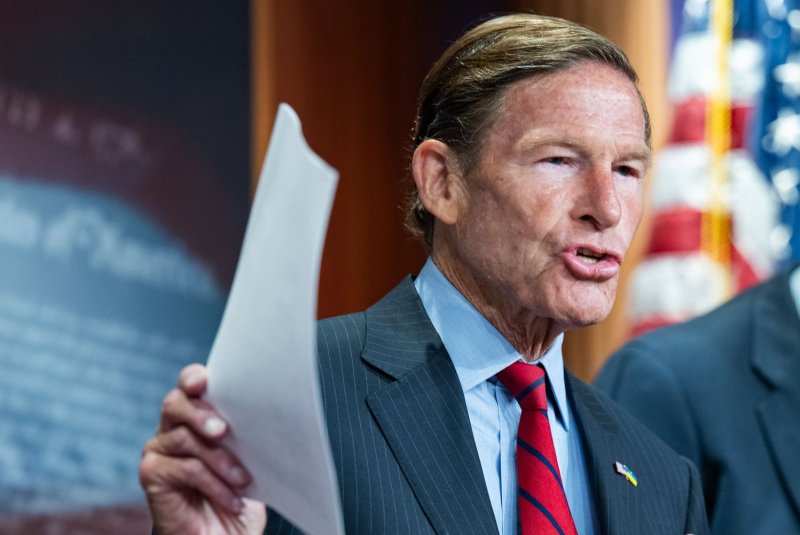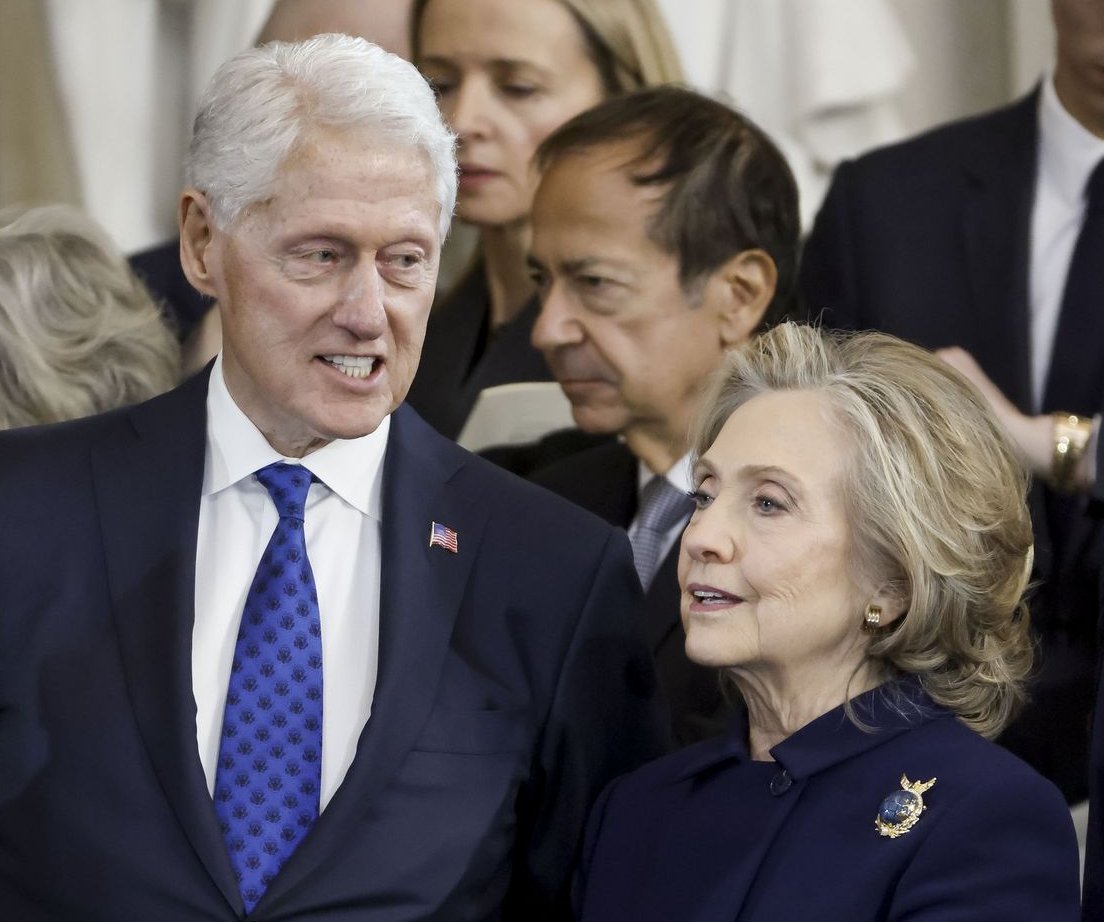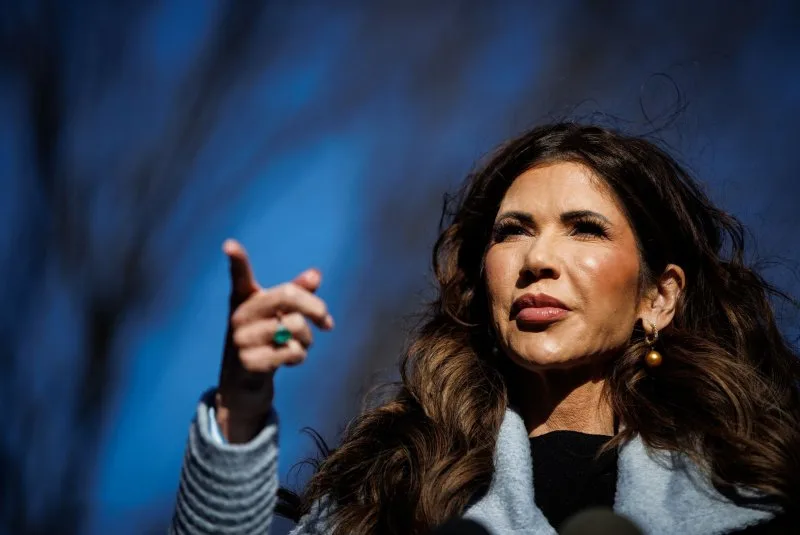More than half of Americans (58%) say they are following news about candidates for the 2024 presidential election very or fairly closely. Another 28% say they aren’t following it too closely, and 13% aren’t following it closely at all.
The share of Americans who are closely following election news is slightly higher now than it was in April 2020 (52%). In October 2020, however, that share increased to 75%.
This year, Republicans and independents who lean toward the Republican Party are slightly more likely than Democrats and Democratic leaners to say they are closely following election news (64% vs. 58%).
As in past presidential elections, older adults are more likely than younger adults to say they are closely following news about the candidates. Roughly eight-in-ten U.S. adults ages 65 and older (82%) currently say this, compared with 68% of those ages 50 to 64, 48% of those ages 30 to 49, and only 34% of those ages 18 to 29.
Although many Americans are following news about the 2024 presidential candidates, they are also experiencing fatigue over election coverage. About six-in-ten U.S. adults (62%) already say they are worn out by so much coverage of the campaign and candidates, while 35% say they like seeing a lot of this coverage.
This is similar to the share of Americans who said they felt worn out at later points in the last two presidential election years. In June and July 2016, 59% of Americans said they felt worn out, and in October 2020, 61% felt this way.
Americans who are following election news closely are less likely than those who aren’t to be worn out by election coverage. Four-in-ten Americans who say they follow news about candidates very closely say they are worn out by so much coverage, compared with 77% of those who say they don’t follow it closely at all.
Republicans are slightly less likely than Democrats to say they are worn out by election coverage (58% vs. 66%). This gap is driven by conservative Republicans (55%), who are less likely than moderate or liberal Republicans (65%) to feel worn out.
Americans are more likely to say they mostly get political news because they happen to come across it (57%) than because they are looking for it (42%).
However, there are striking differences on this question by age. Just a quarter of Americans ages 18 to 29 say they mostly get political news because they are looking for it, compared with 60% of those 65 and older – a gap of 35 percentage points.
Those who say they closely follow news about the 2024 presidential election are also far more likely to actively seek out political news. About six-in-ten U.S. adults who closely follow election news (58%) say they mostly get political news this way, compared with 18% of those who are not closely following election news.
Republicans and Democrats are equally likely to say they mostly get political news because they look for it (44% vs. 43%). However, independents who do not lean toward either party (21%) are about half as likely to say this.
We also asked what type of sources Americans get most of their political and election news from. A majority of U.S. adults (62%) say they get most of this news from journalists and news organizations. (The question did not ask how people access that news, such as through TV, print, news websites or social media.)
Around one-in-ten Americans (11%) say they get most political and election news from friends, family and neighbors. Smaller shares say they get most of this news from celebrities and social media personalities (4%), politicians and political parties (3%), and ordinary people they don’t know (2%). An additional 17% say they don’t get most of their political or election news from any of these sources.
There are a few differences in election news sources by Americans’ age and political party:
Older Americans are far more likely than younger ones to say they get most political and election news from journalists and news organizations. Around three-quarters of Americans ages 65 and older (78%) say this, compared with 68% of those ages 50 to 64, 55% of those 30 to 49, and 45% of those 18 to 29.
Adults under 30 are significantly more likely than those 65 and older to say they get most of this news from celebrities and social media personalities (10% vs. 1%). They are also more likely to get this news from friends, family and neighbors (18% vs. 6%).
Democrats are slightly more likely than Republicans to say they get most political and election news from journalists and news organizations (69% vs. 59%).
Republicans are slightly more likely than Democrats to say they don’t get most political or election news from any of these sources (20% vs. 12%).




